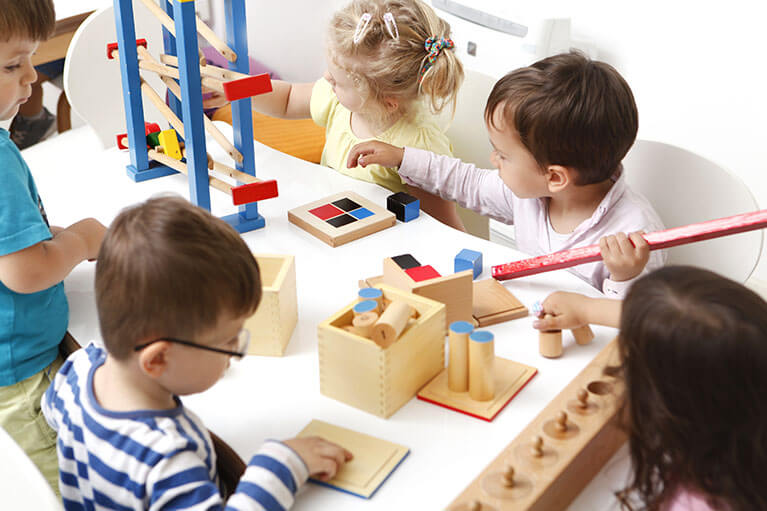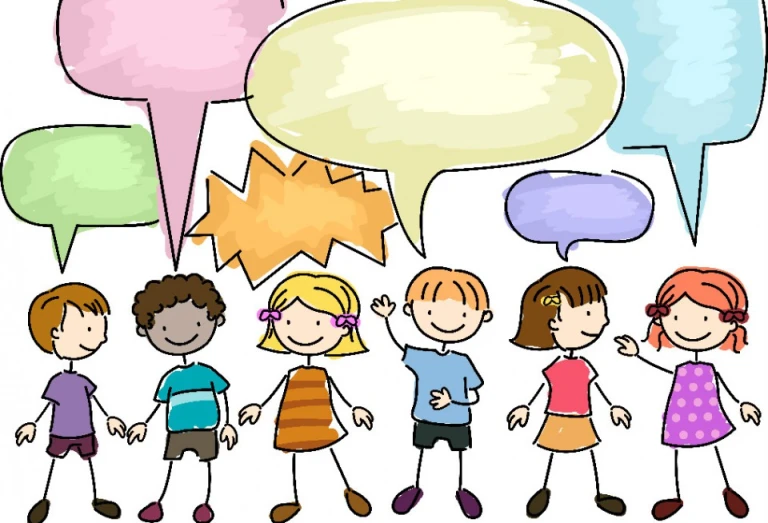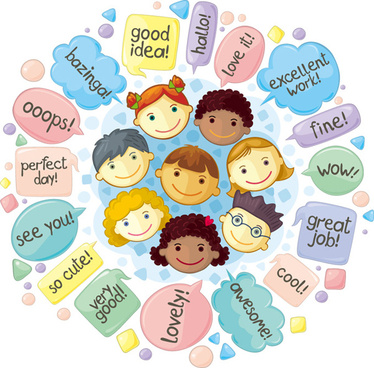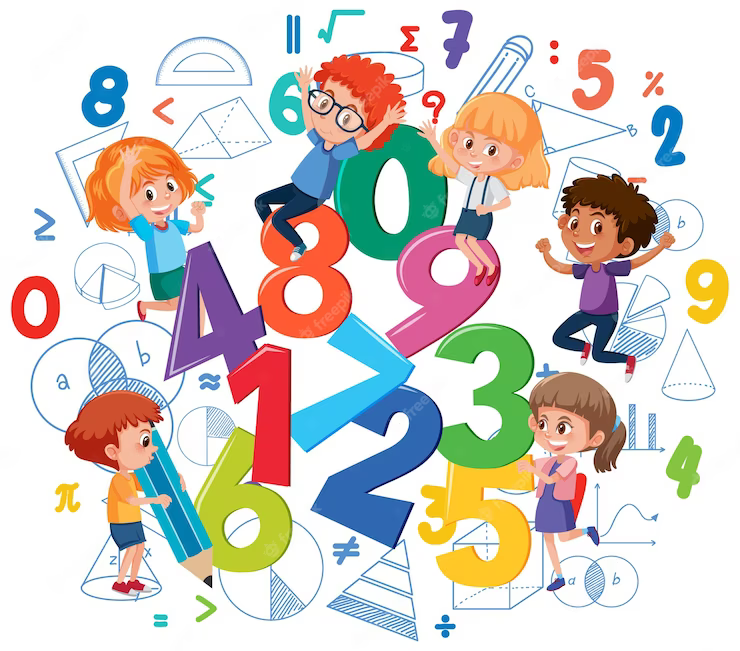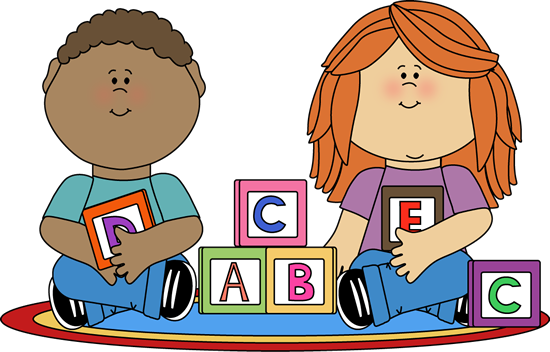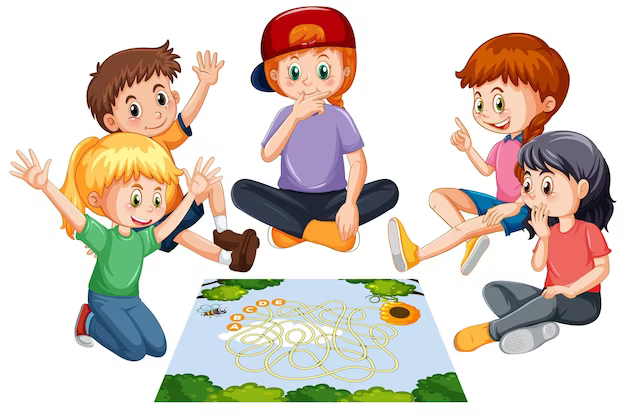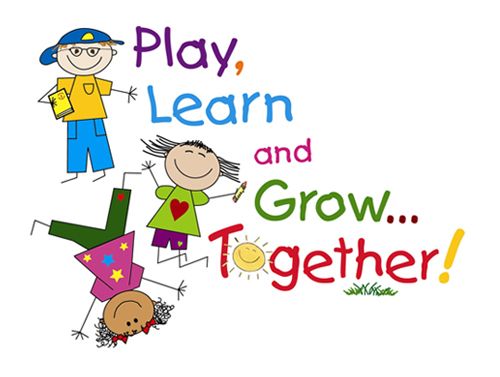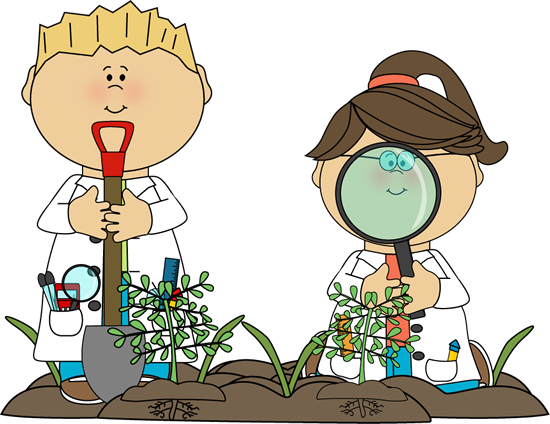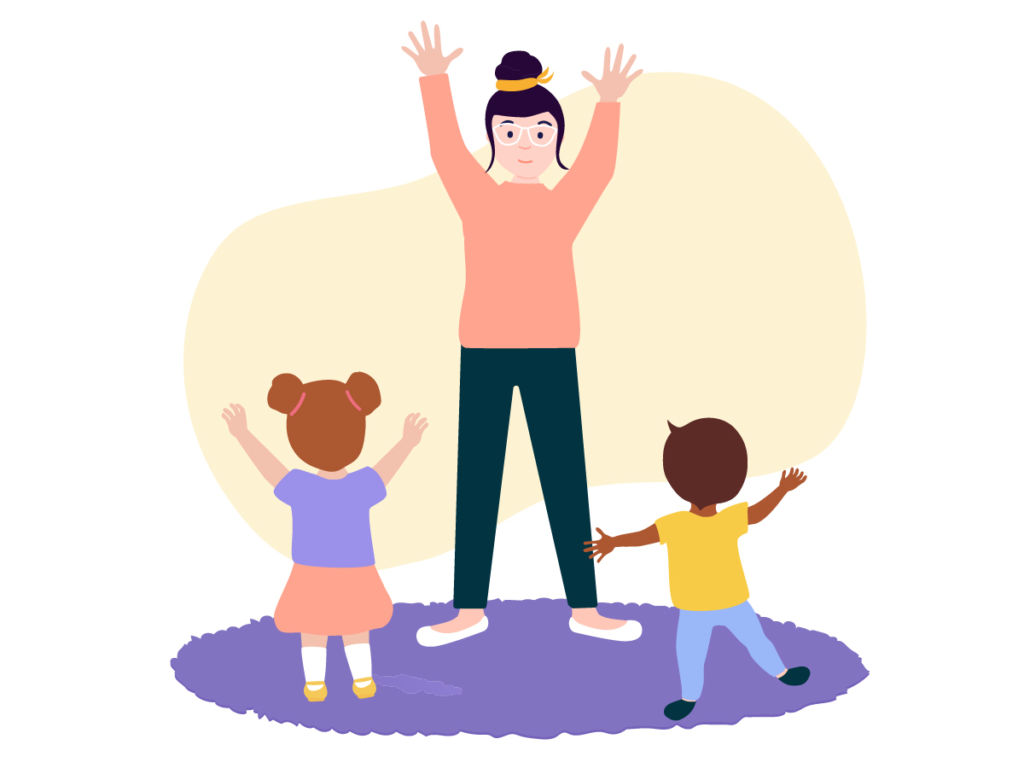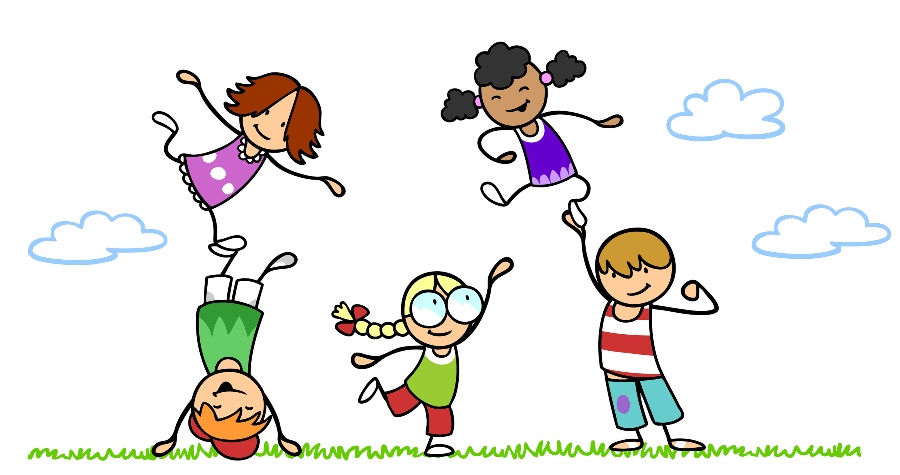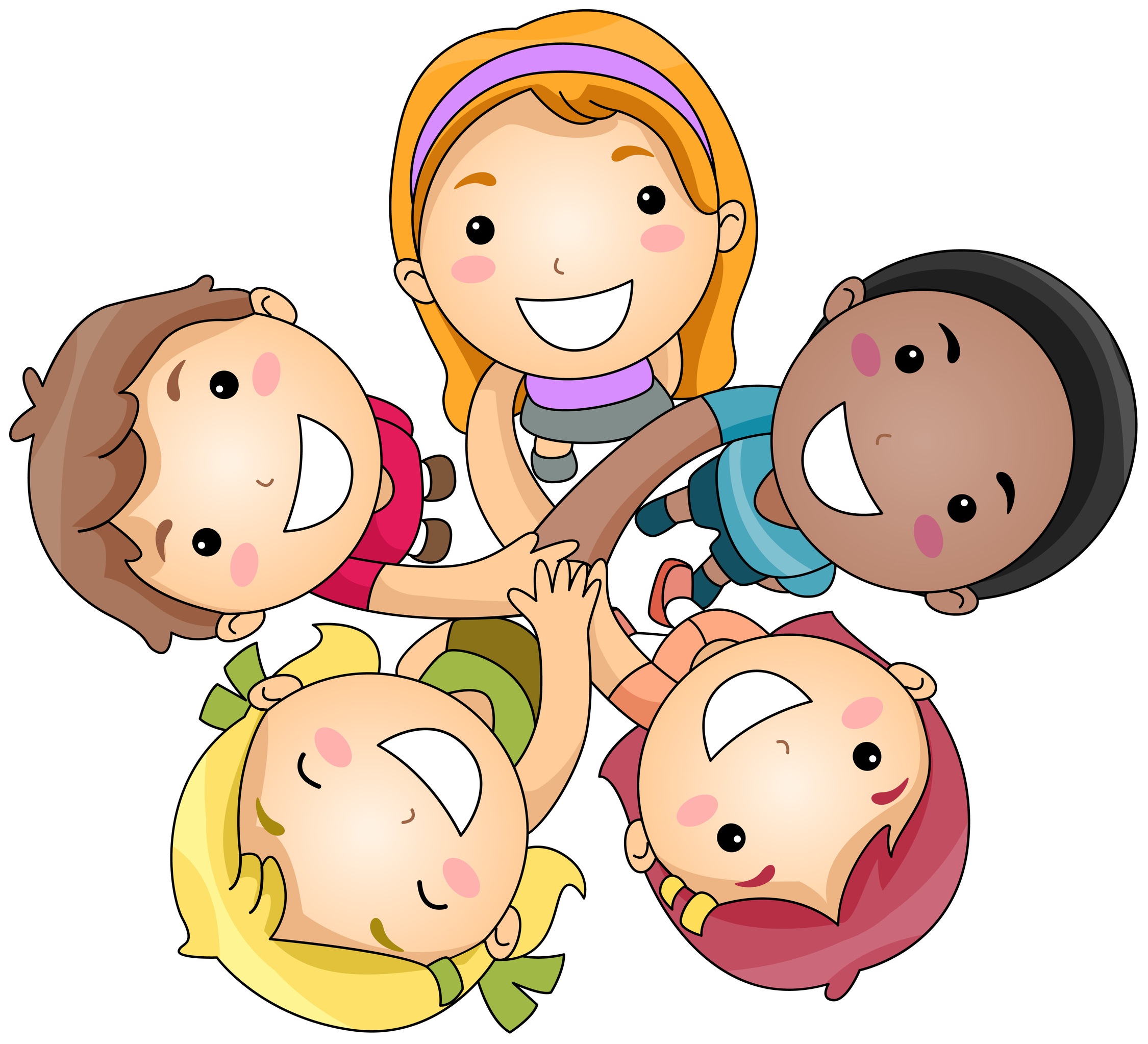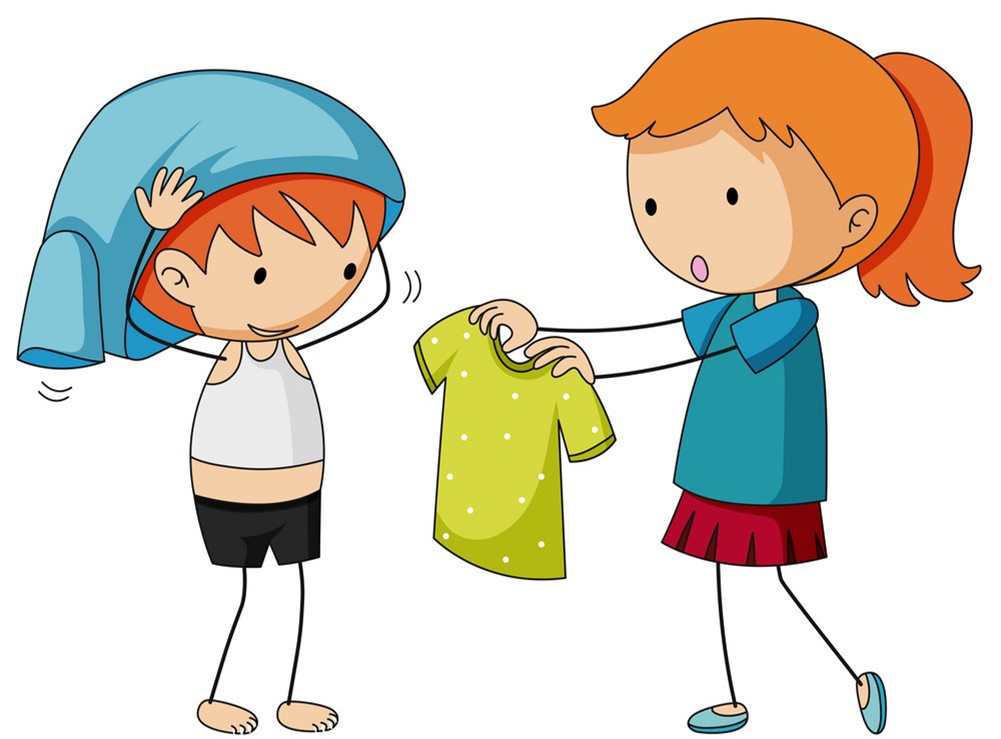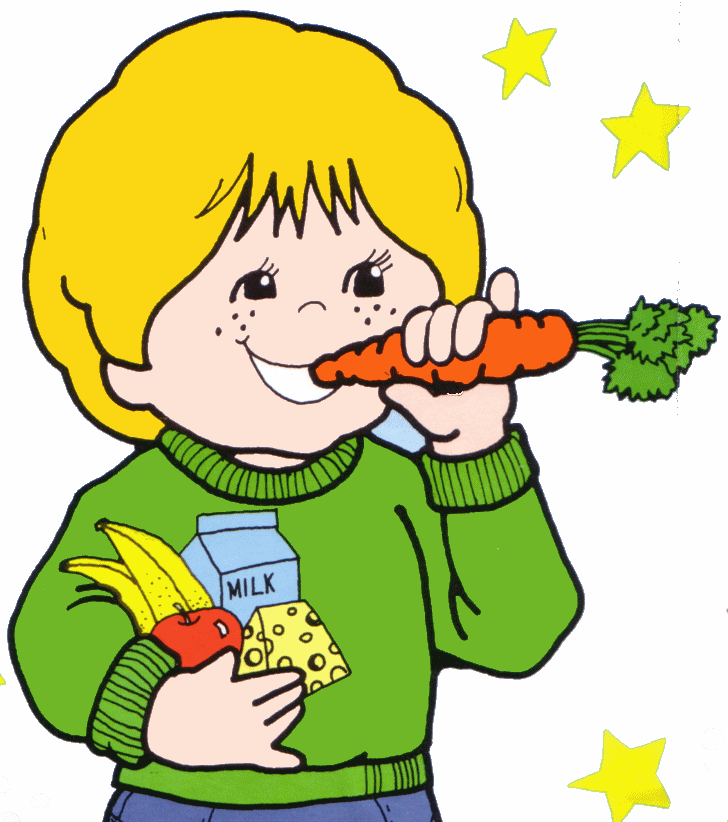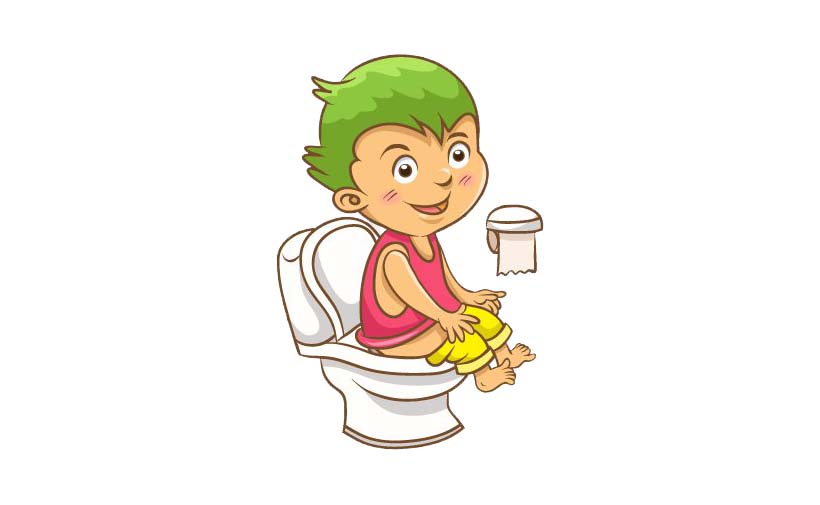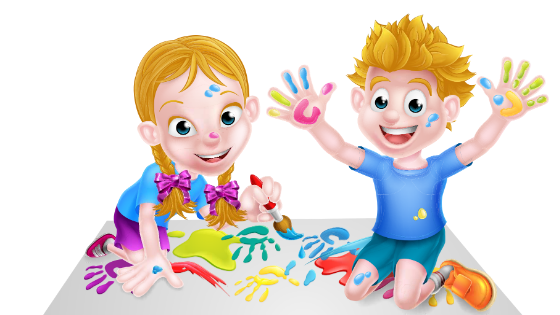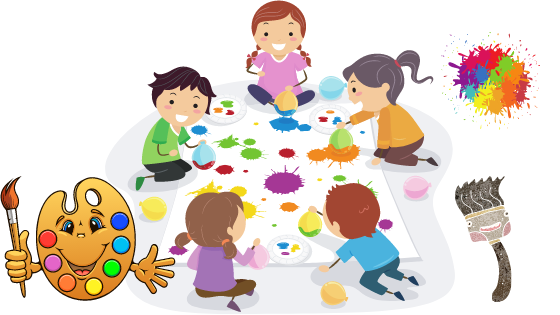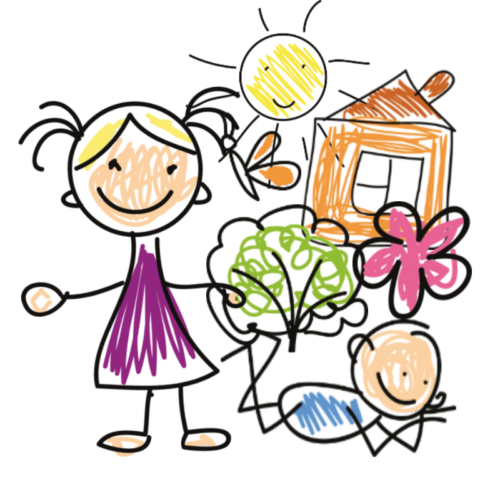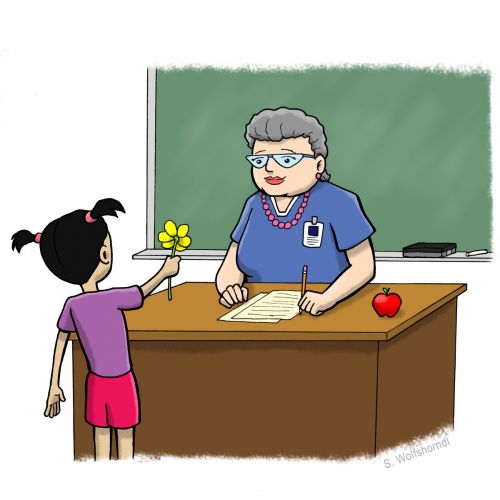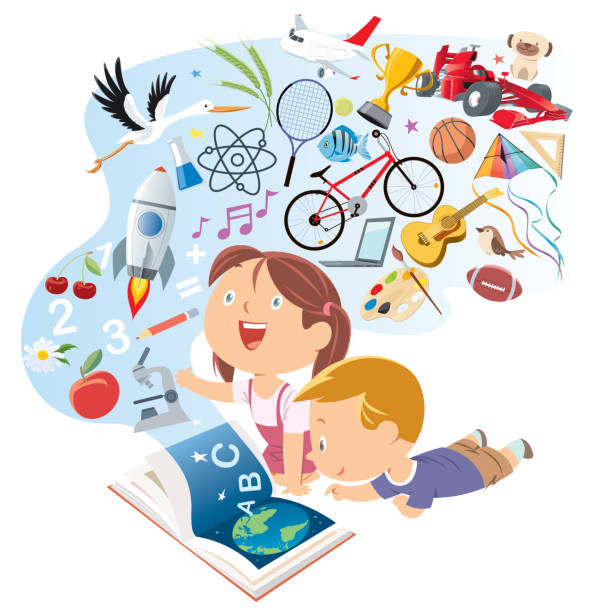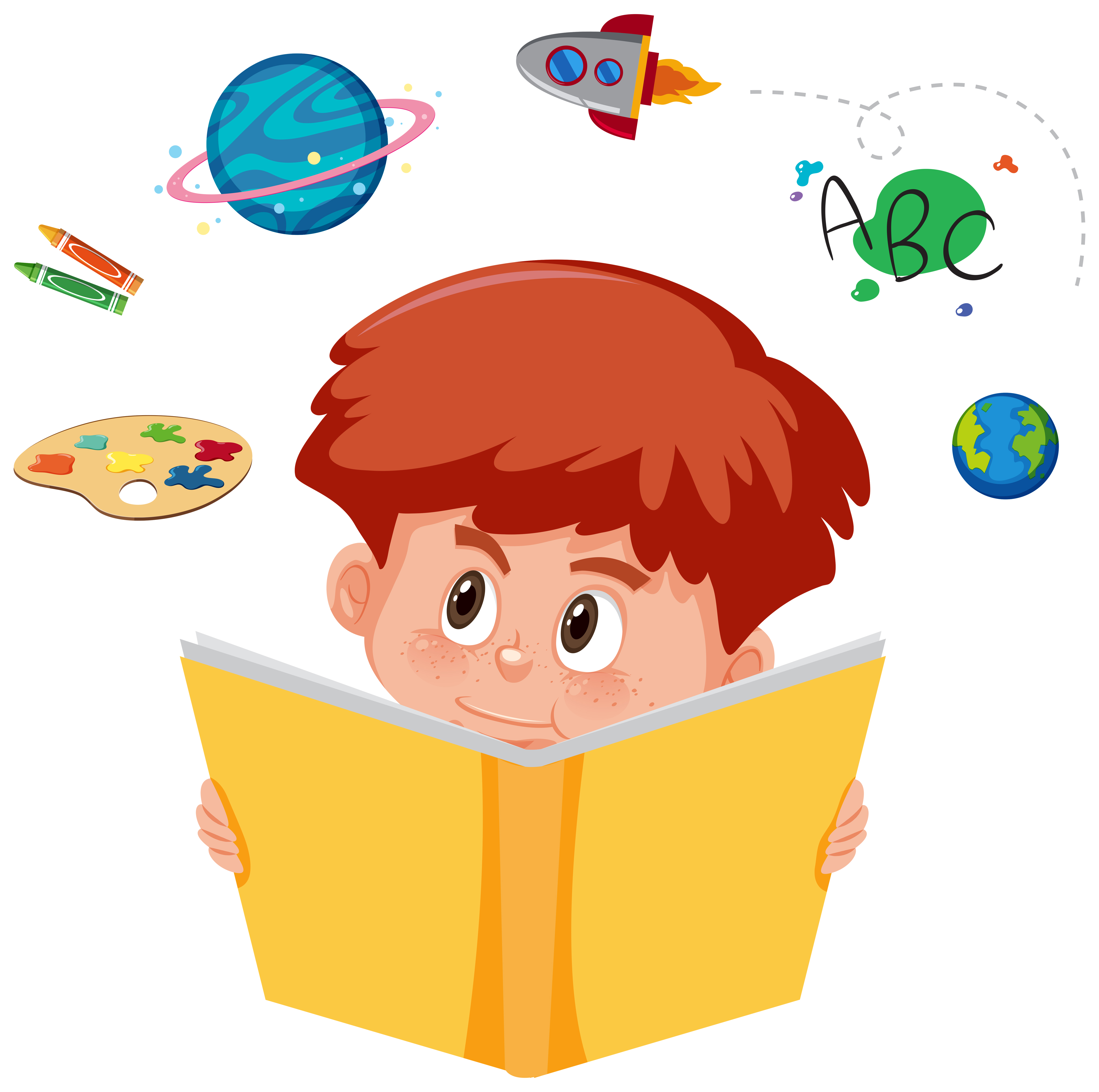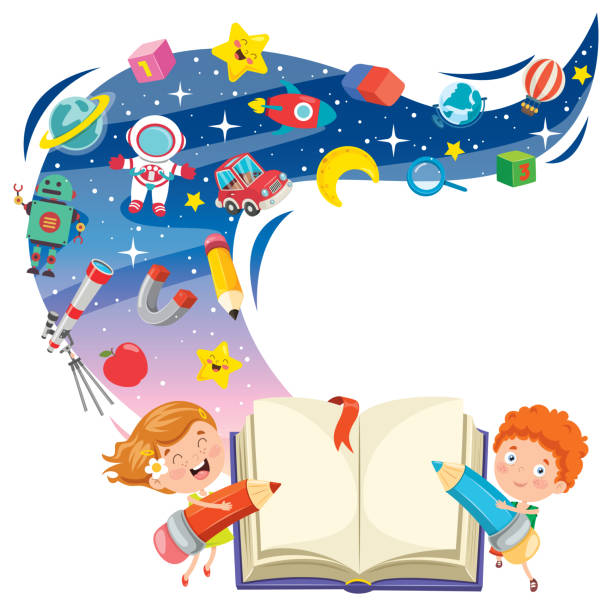Our Early Years Programme (EYP) refers to an educational program designed for young children between the ages of 3 and 6. It focuses on providing a holistic and developmentally appropriate learning experience for children during their early years of formal education.
The goals of our Early Years Programme are to nurture and support children's physical, cognitive, social, emotional, and creative development. The curriculum is designed to promote learning through play, exploration, and hands-on activities, as young children learn best through active engagement and concrete experiences.
Key features of our Early Years Programme include:
- Play-based Learning: Play is central to an Early Years Programme, as it allows children to explore, discover, and make sense of the world around them. Our Play-based activities are carefully planned and structured to stimulate various aspects of children's development and promote critical thinking, problem-solving, and social skills.
- Developmentally Appropriate Practices: Our curriculum is tailored to meet the developmental needs and interests of young children. It takes into consideration their abilities, attention spans, and individual learning styles. Learning activities are designed to be hands-on, multisensory, and engaging, fostering a love for learning and building a solid foundation for future academic success.
- Holistic Approach: The EYP at Babui International School aims to support the overall development of children, including their physical, cognitive, language, social, emotional, and creative skills. The curriculum include a balance of activities that focus on literacy, numeracy, language development, motor skills, arts, music, and social interactions.
- Social and Emotional Development: Emphasis is placed on fostering positive social interactions, communication skills, empathy, self-regulation, and independence. Children are encouraged to work collaboratively, share, take turns, and develop positive relationships with their peers and teachers.
- Assessment and Progress Monitoring: Teachers use various assessment tools and strategies to observe and document children's progress, strengths, and areas for improvement. Assessment in the Early Years Programme is often done informally through observations, anecdotal records, checklists, and portfolios to provide a comprehensive understanding of each child's development.
- Parental Involvement: The involvement of parents is highly valued in the Early Years Programme of BABUI. We encourage open communication, regular parent-teacher meetings, and opportunities for parents to participate in their child's learning journey.
Overall, the Early Years Programme at BABUI provides a nurturing and stimulating environment that supports young children's growth, curiosity, and love for learning. It lays the foundation for their future education by fostering a positive attitude toward learning, developing essential skills, and building a strong sense of self-confidence and curiosity.
At BABUI Students begin their academic journey in a play-based learning environment to acquire skills for a smooth transition into Grade 1.
